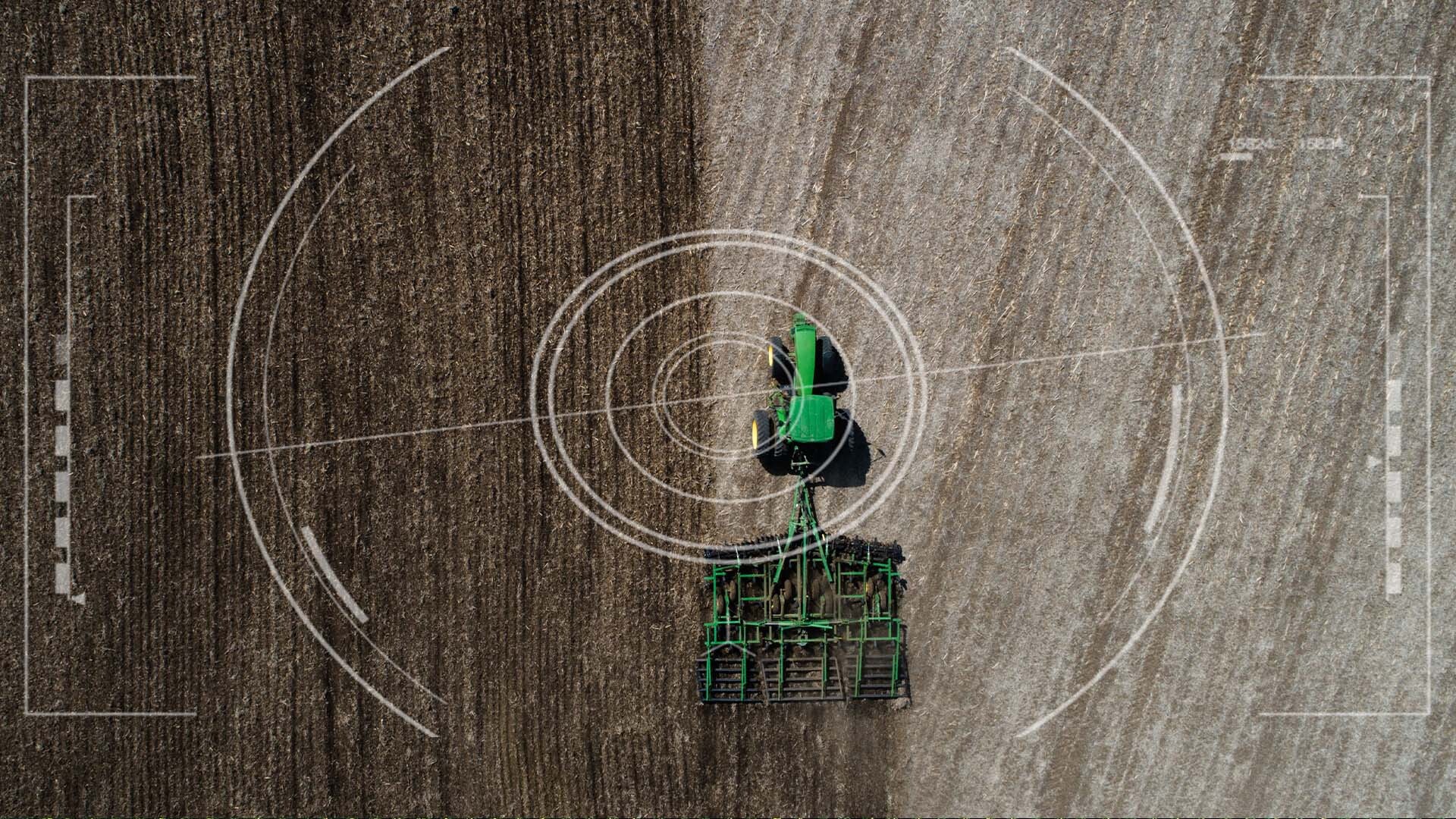Agribusiness plays a crucial role in food production and the economic development of countries. However, this industry faces challenges and issues that require innovative solutions to ensure its sustainability and efficiency.
The Need to Increase Productivity
In a world with constantly growing food demand, agribusiness needs to find ways to increase its productivity. This involves improving planting, cultivation, and harvesting processes, as well as optimizing the use of resources such as water and fertilizers. Additionally, it is necessary to tackle challenges related to crop diseases, adverse weather conditions, and soil quality.
Shortage of Skilled Labor
The shortage of skilled labor is another significant challenge in agribusiness. The lack of trained workers hinders critical tasks such as crop management, pest and disease monitoring, and precise application of agricultural inputs. This not only affects the efficiency of operations but also the quality and quantity of production.
Environmental Issues and Sustainability
Agribusiness also faces challenges in terms of sustainability and environmental protection. Excessive use of chemicals, depletion of natural resources, and pollution of soil and water are issues that require responsible solutions. It is necessary to find production methods that minimize environmental impact and promote ecosystem conservation.
Drones: A Key Tool for Agribusiness
Drones have become indispensable tools for improving efficiency and productivity in agribusiness. These unmanned aerial vehicles offer a series of benefits that contribute to overcoming the aforementioned challenges.
Monitoring, Accurate Data Collection, and Real-Time Analysis
Drones enable efficient and precise monitoring of large land areas. Equipped with high-resolution cameras and advanced sensors, they can capture detailed images and collect real-time data on crop status, soil moisture, and the presence of pests and diseases, among other relevant aspects. Additionally, they are designed to establish real-time connectivity with other devices and information systems, such as weather stations or automated irrigation systems. This information is crucial for making informed decisions and implementing preventive or corrective actions.
Precise Application of Agricultural Inputs
Drones are also used for the precise application of agricultural inputs such as fertilizers and pesticides. With controlled flight and spraying systems, drones can reach specific areas of crops and apply the exact amount of required products, reducing input waste, decreasing environmental impact, and improving process efficiency.
Advanced Technology for Optimal Results
Drones used in agribusiness are equipped with advanced technology that makes them highly effective in their performance. These devices feature high-resolution cameras, specialized sensors, and GPS positioning systems that allow them to operate with precision and collect detailed data on crops. Moreover, their autonomous flight capability and endurance enable them to cover large areas without interruptions, providing continuous and comprehensive monitoring.
Improving Agribusiness Productivity with Drones
For all these reasons, we can affirm that TDrone drones are innovative and highly beneficial technological tools for agribusiness. They allow for increased productivity, improved sustainability, and the ability to overcome the challenges of this important industry.


